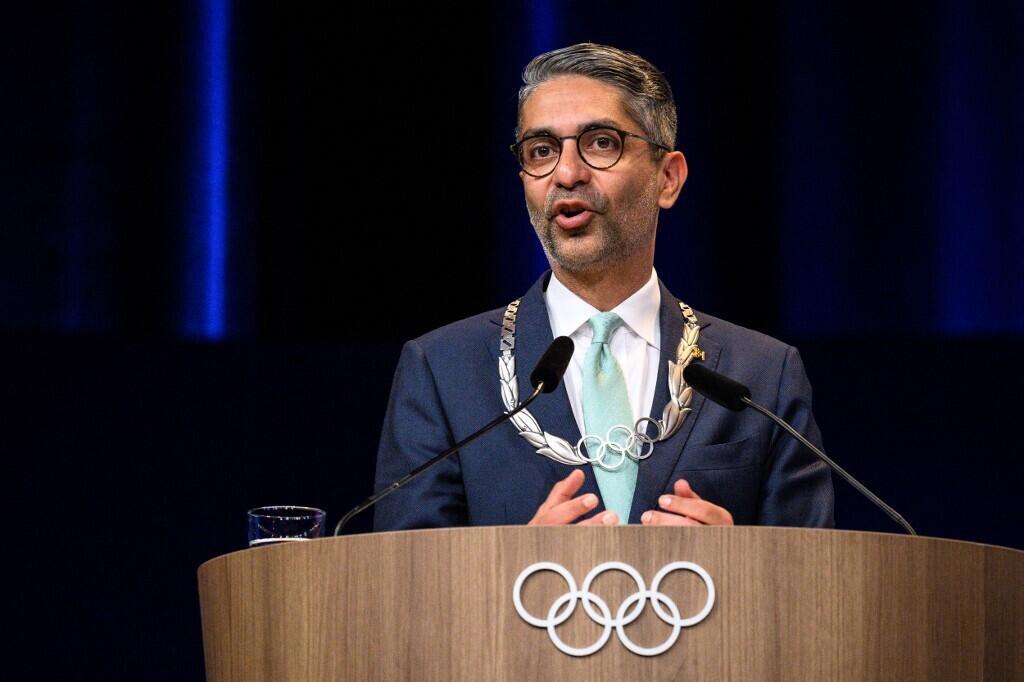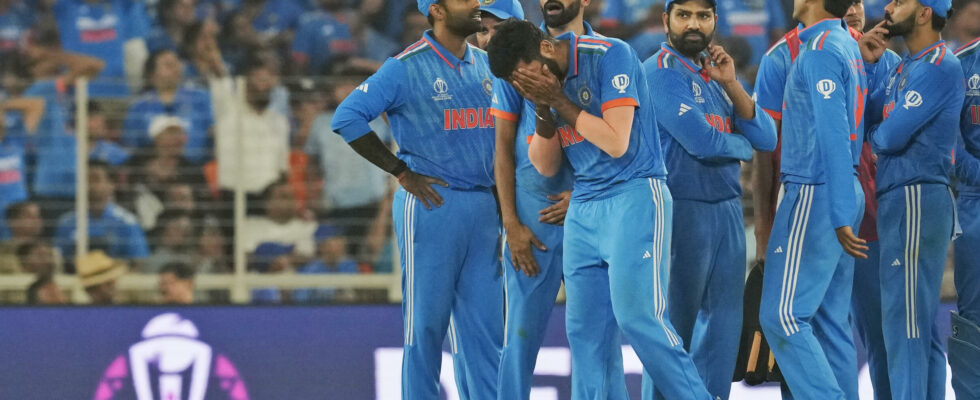India dreams of hosting the 2036 Olympic Games to assert its status as a great power to the world, but the relevance of its candidacy raises questions in a country whose sporting culture, apart from the sacrosanct cricket, remains limited.
6 mins
In 2036, the most populous country in the world – currently almost 18% of the world’s population, a quarter of which are between 15 and 29 years old – would welcome the rest of the planet for the great mass of sport.
“ India will stop at no effort to host the Games 2036 », Said Narendra Modi last year. Since coming to power in 2014, the Hindu Prime Minister has continued to work together to establish his country among the world’s major powers. Particularly against rival China, already twice host of the Olympics.
In its letter of intent sent last October to the International Olympic Committee (IOC), the Indian committee (IOA) detailed two arguments. On the one hand “ the growing importance (of the country) on the world stage » and on the other hand its status as “ only major economy yet to host the Games “.
The land of cricket
“ For India, it is first and foremost a prestigious candidacyconfirms Olivier Da Lage, associate researcher at IRIS, specialist in India and the Arabian Peninsula. When India decides to implement such a project, we can be sure that there will be resources. This immense country now weighs as the fifth economic power and even if it does not have a great sporting culture, apart from cricket, it believes that having the Olympics is a form of recognition in relation to its place on the world stage “. IOC boss Thomas Bach was not indifferent to a candidacy from the most populous country on the planet. “ There is great potential (…) the Olympic spirit awakens and grows in India “, he emphasized in 2023 in Bombay.
If the Indian nation is considered a great economic power, its results at the Olympics pale in comparison. THE cricketinherited from the British Empire, which absorbs a large part of the sports budget in India, will be an Olympic discipline in Los Angeles in 2028. Enough to hope to be at the forefront in the United States.
For a very long time, Indian governments have always reserved a fairly low budget for the Ministry of Sports. As experience has shown, the Games can be an opportunity to provide a tremendous boost to the development of sport in the organizing country.
In 1998, the Indian government created the National Fund for Sports Development, pointing out the absence of a sporting culture, a lack of coaches, infrastructure and sponsorship. Politically, India had never sought to use sport as a soft power like China or Russia which has already organized a football world cup or the Winter Olympics.

Limited access to sport for the population
In India, access to sport remains limited. Few investments have been made to build and maintain sports infrastructure for the population. Gymnasiums and swimming pools are still rare, and are more private spaces, reserved for the middle and wealthy classes. Furthermore, the specialized press is lacking, sports information remains succinct and mainly focused on cricket news.
The Indian state has contributed very little to its athletes’ Olympic medals. Moreover, the Indian press points out the low number of medals gleaned by its athletes at each game. Few of them have received the country’s honors after each Olympics. Abhinav Bindra, Olympic gold medalist in rifle shooting at the 2008 Beijing Olympics and member of the IOC Athletes’ Commission, remains one of the rare examples of success as an Olympian. But the winner of the country’s ninth Olympic gold medal had not found facilities suitable for his discipline. He had to set up his garage to train before moving to Germany where coaches helped him progress.
Another example, in Tokyo in 2021, Neeraj Chopra created a sensation by winning gold in the javelin throw. He became a star, followed by millions of followers on social networks. With one medal each, weightlifter Karnam Malleswari and badista Saina Nehwal are the only Indian women to medal at the Olympics.
India has not yet officially named the candidate city
The homeland of Gandhi and Salman Rushdie, not yet independent, made its first Olympic appearance in 1900 in Paris with just one athlete, Norman Pritchard, who won two silver medals in athletics.
In Paris Last summer, India, for its 26th participation, competed in 28 sports, winning only six medals: one silver and five bronze. Very far from China, with its 91 medals, including 40 in gold… But in the French capital, for the first time in the history of the Olympic Games, India was on a seduction mission and offered itself a temporary pavilion for the candy pink facades, where Indian history, culture and craftsmanship were highlighted.
India has not yet officially given the name of the candidate city of its choice. Ahmedabad, the capital of the state of Gujarat (northwest), appears to be in pole position.
The political cradle of Narendra Modi, Ahmedabad has a major asset: a giant 130,000-seat stadium which hosted the Cricket World Cup in 2023. Already in the starting blocks, the state has created a company whose company name leaves little room for doubt: the Gujarat Olympic Planning and Infrastructure Corporation Ltd. Generously endowed with a budget of 675 million euros, its aim is to develop stadiums and other sports halls. But last November, The Times of India announced that the Indian candidacy could ultimately refocus on the capital, New Delhi.
